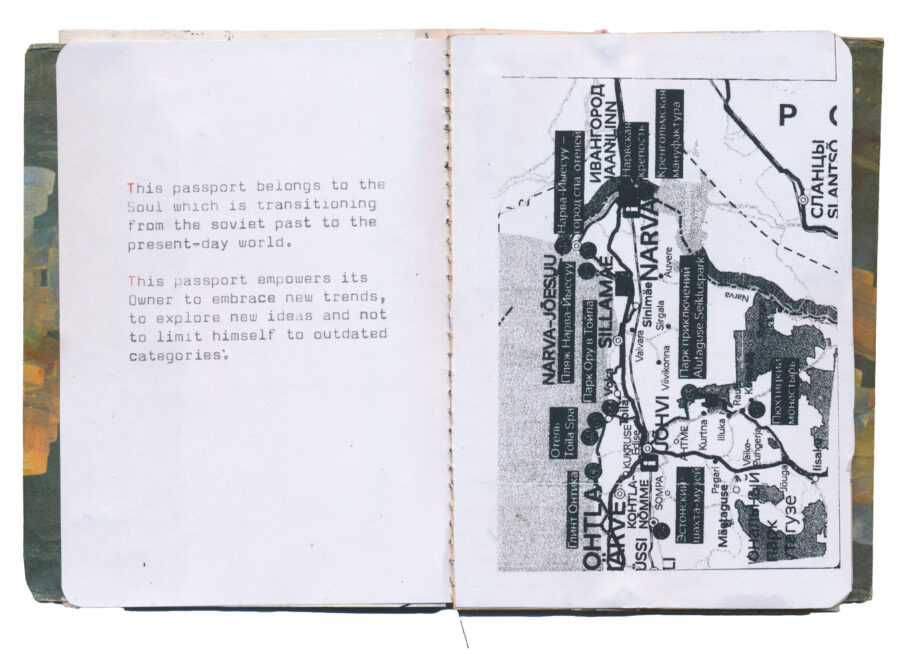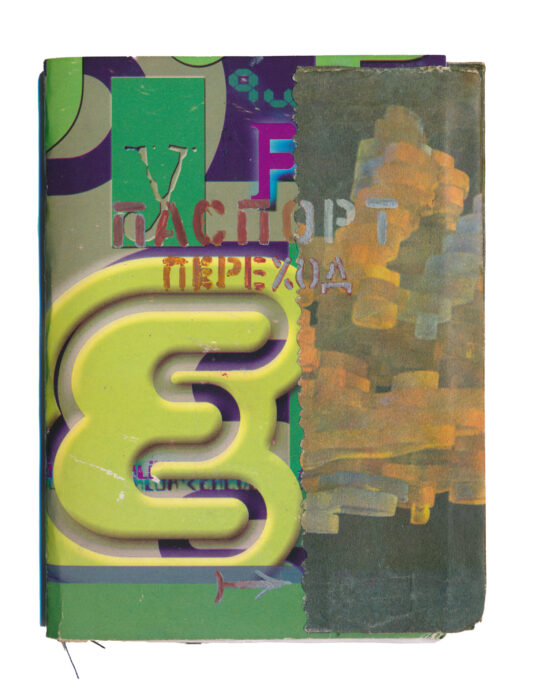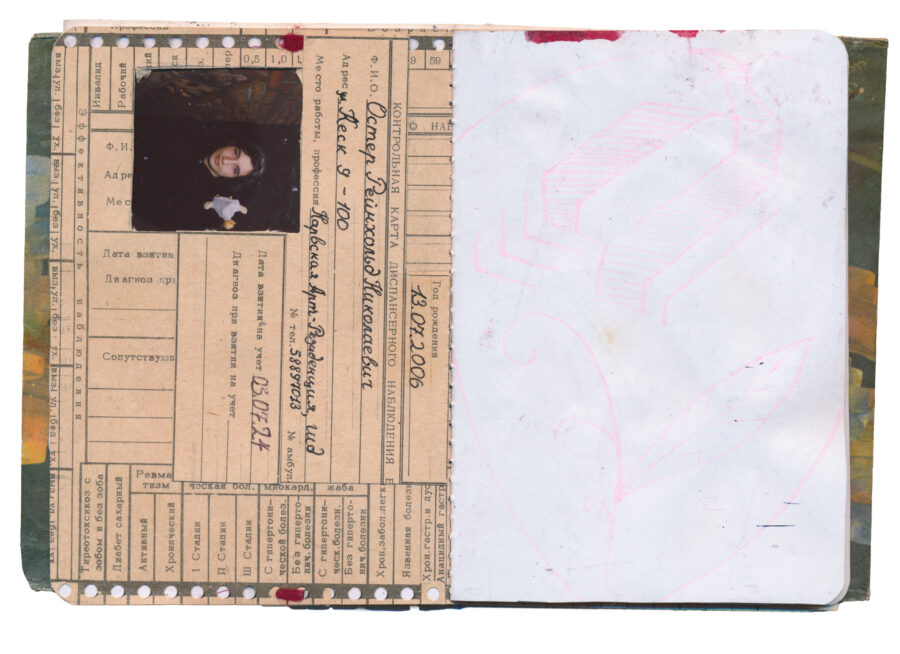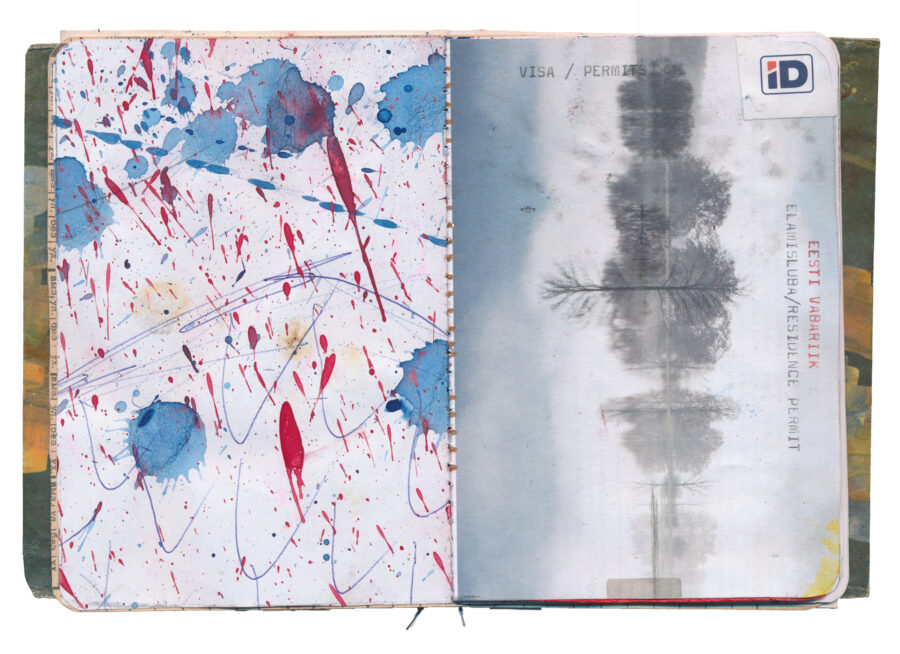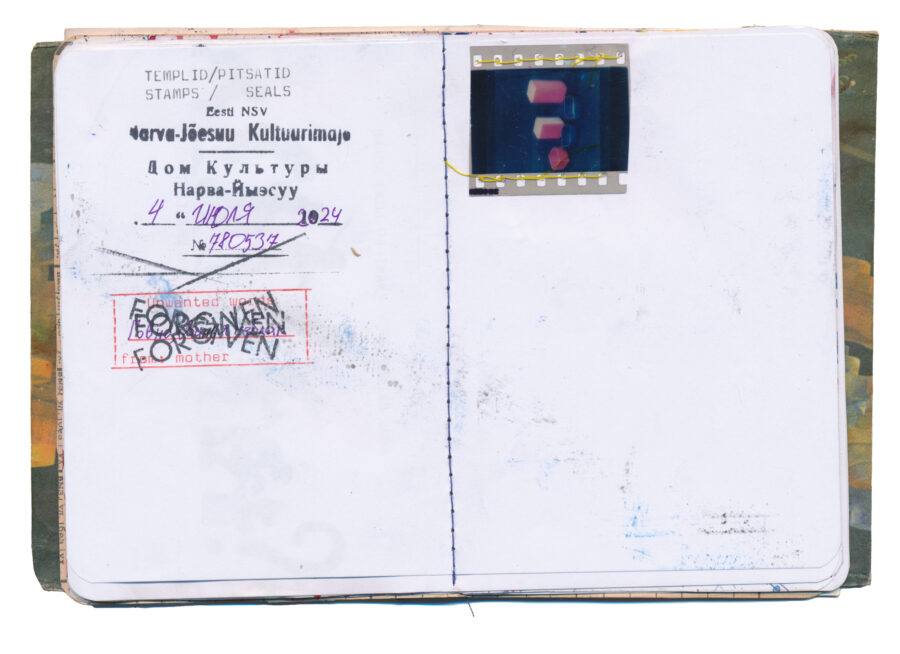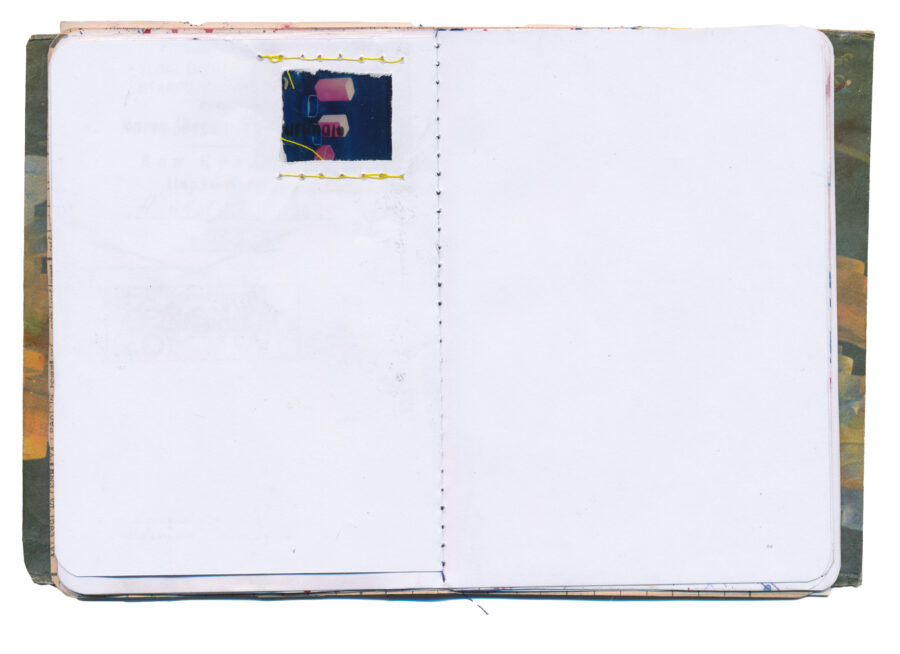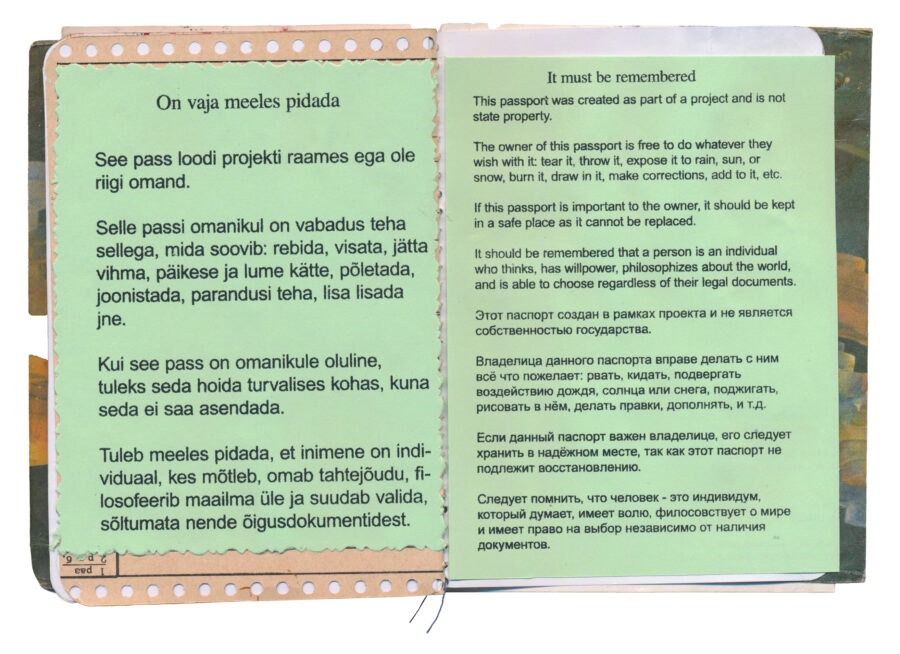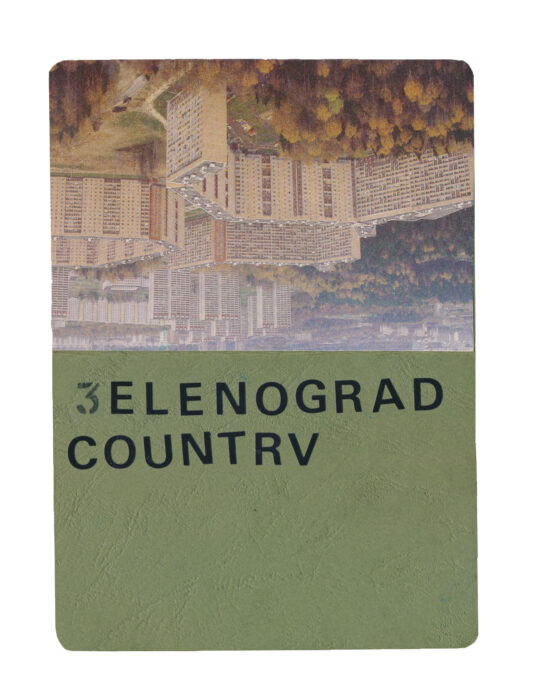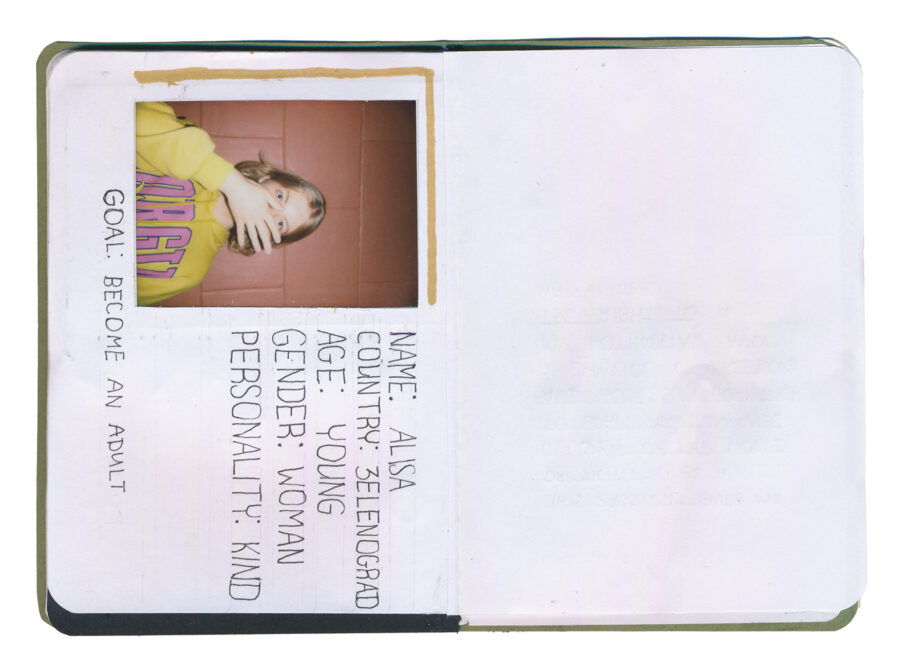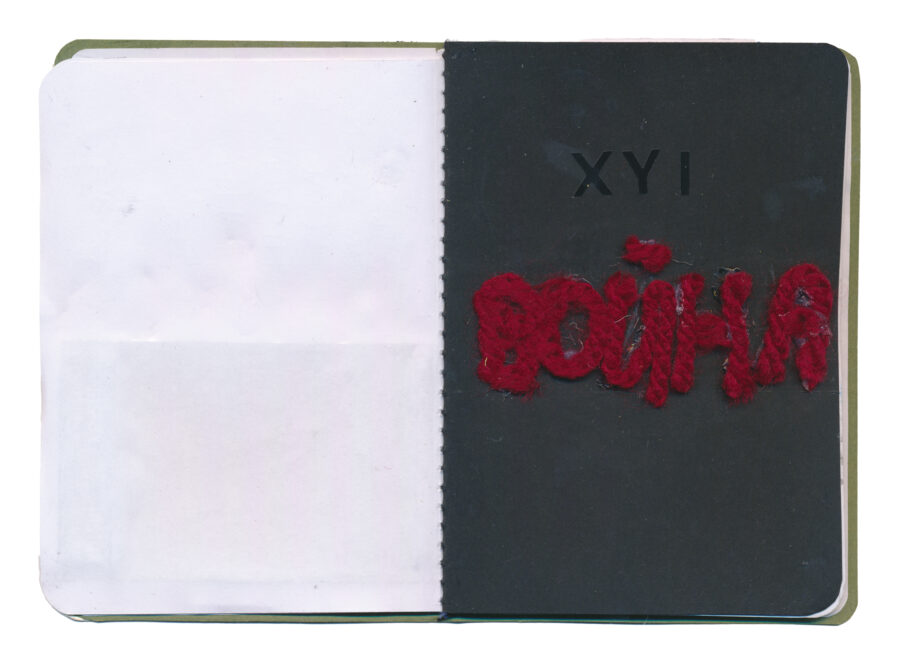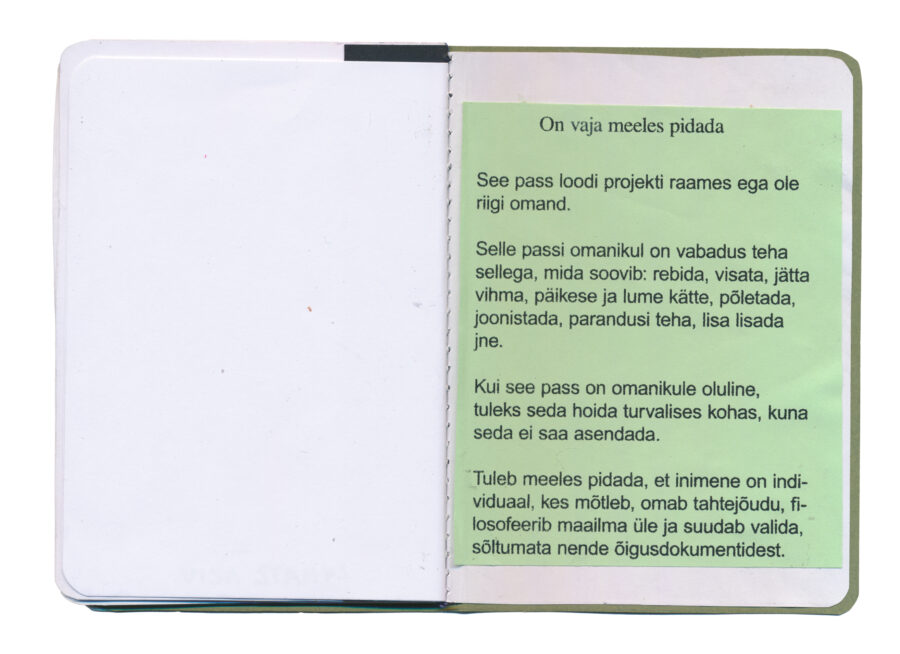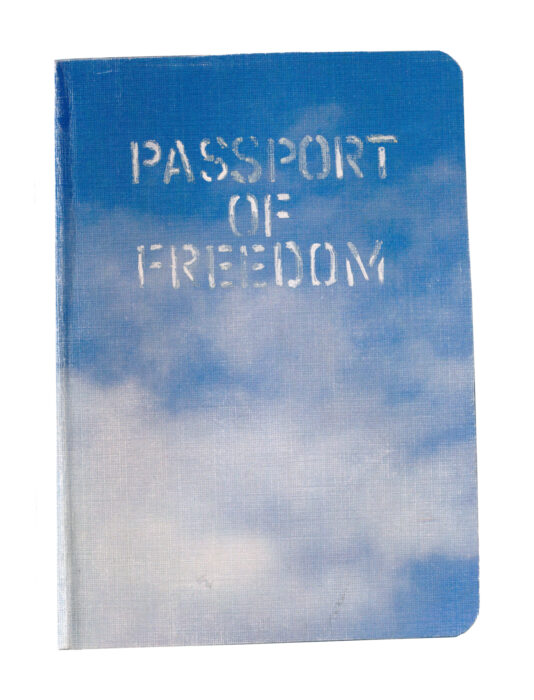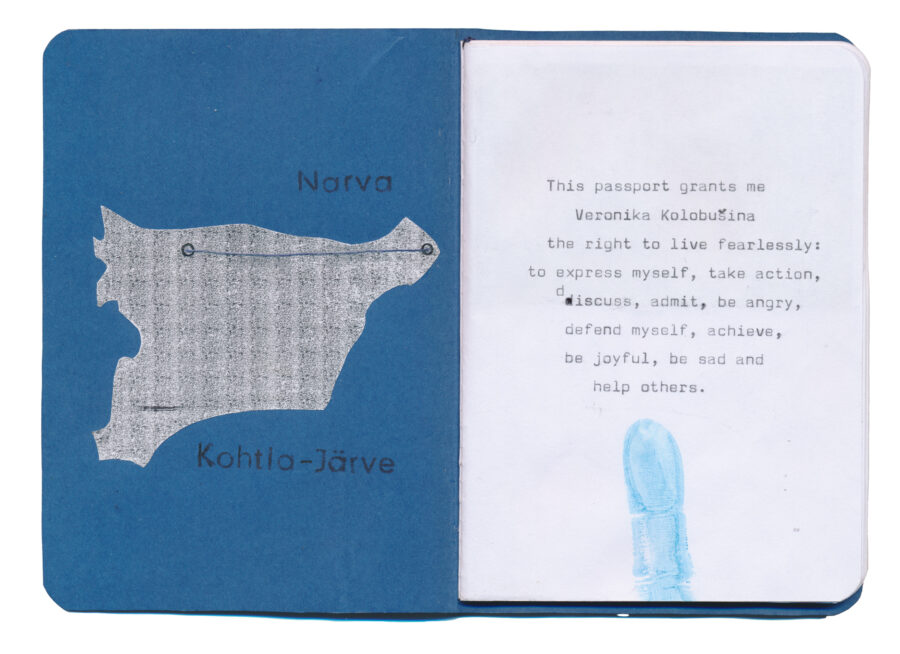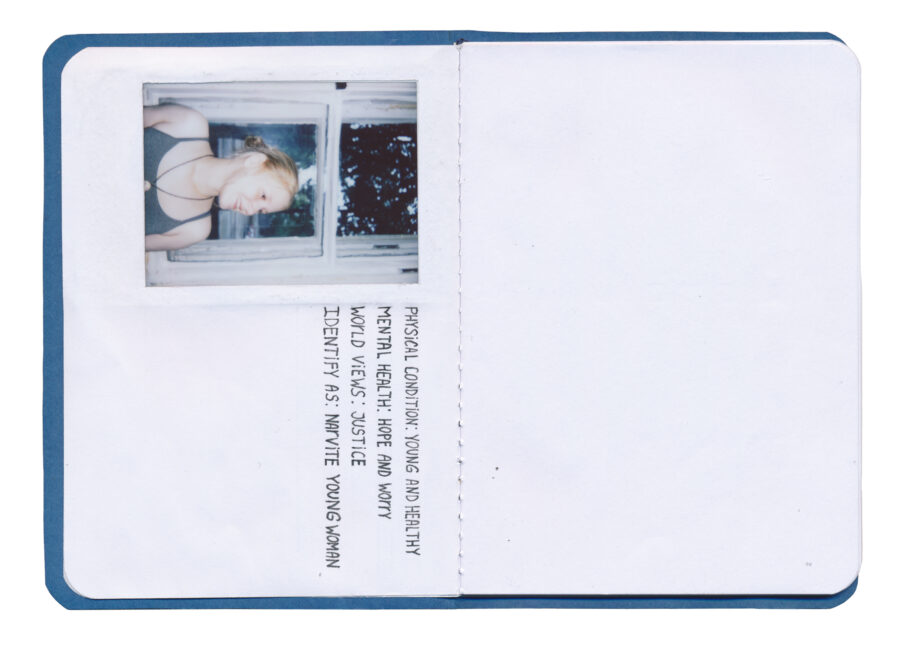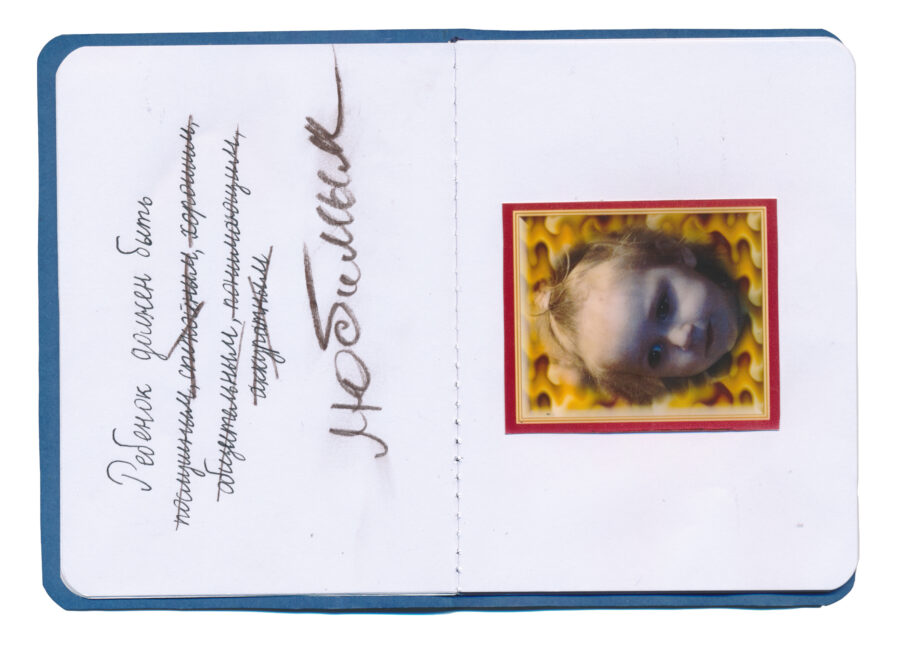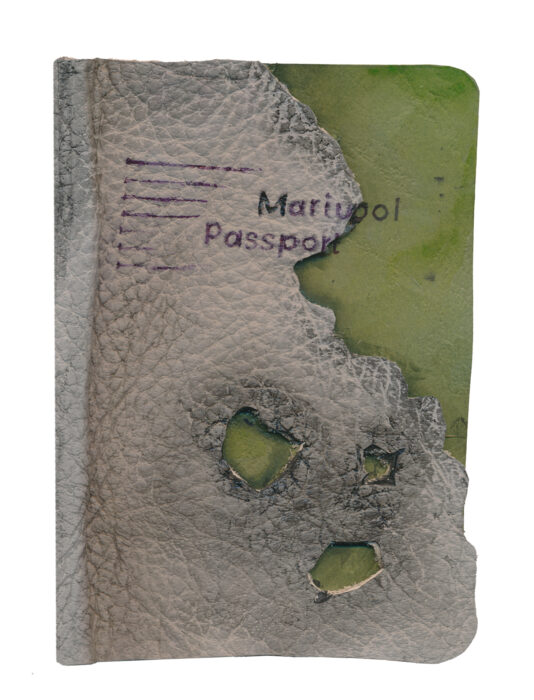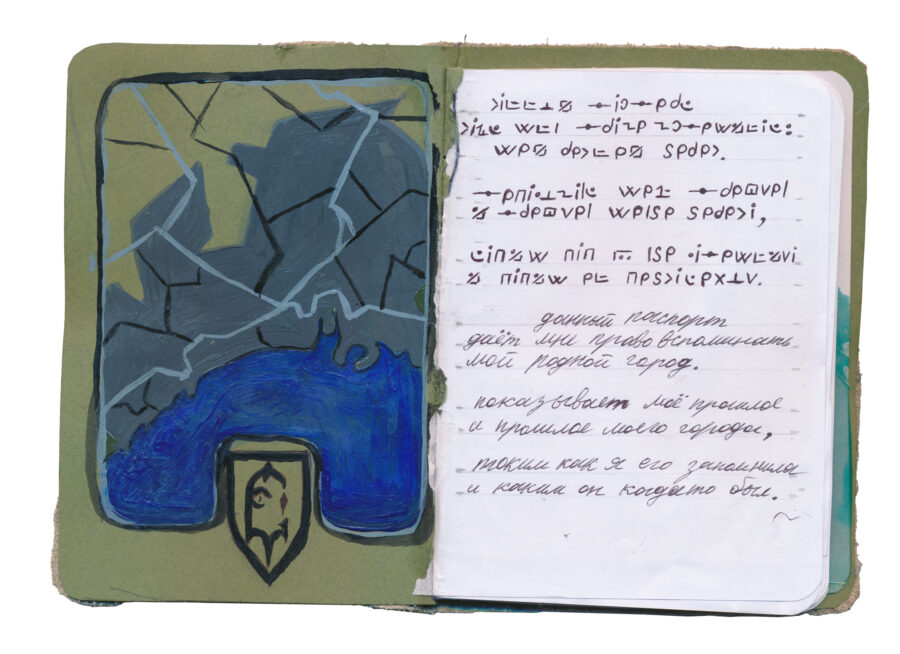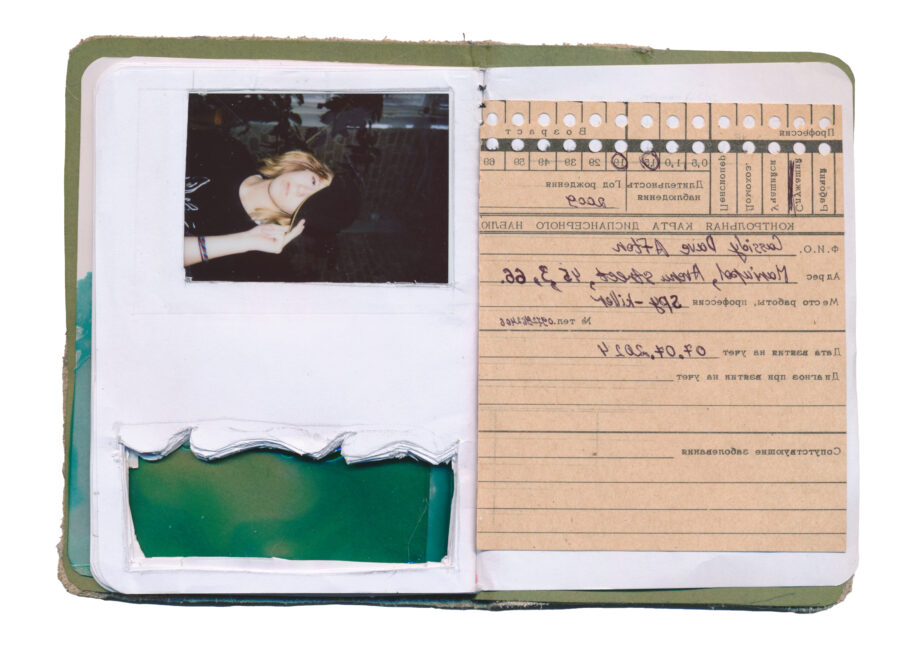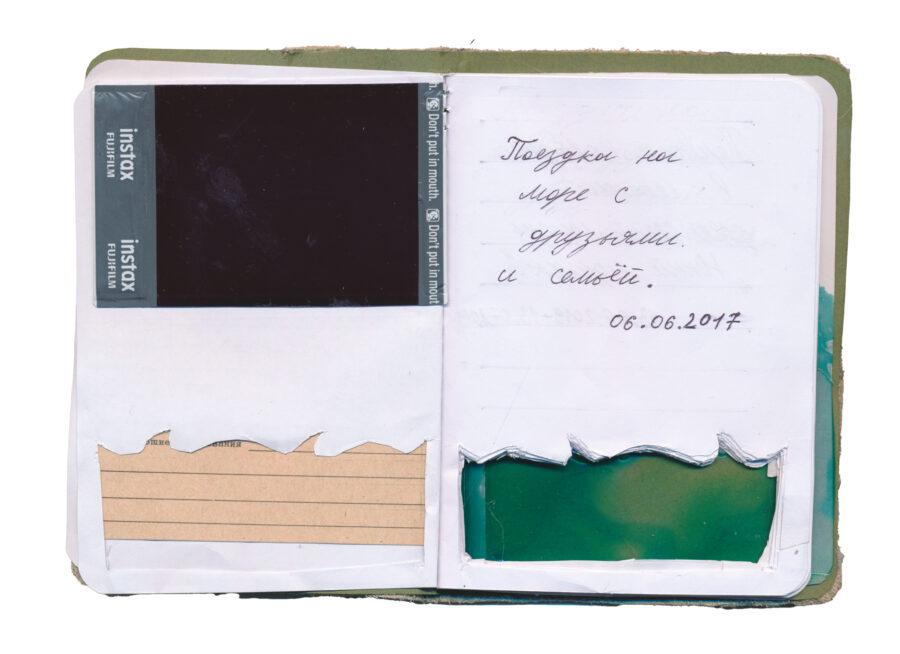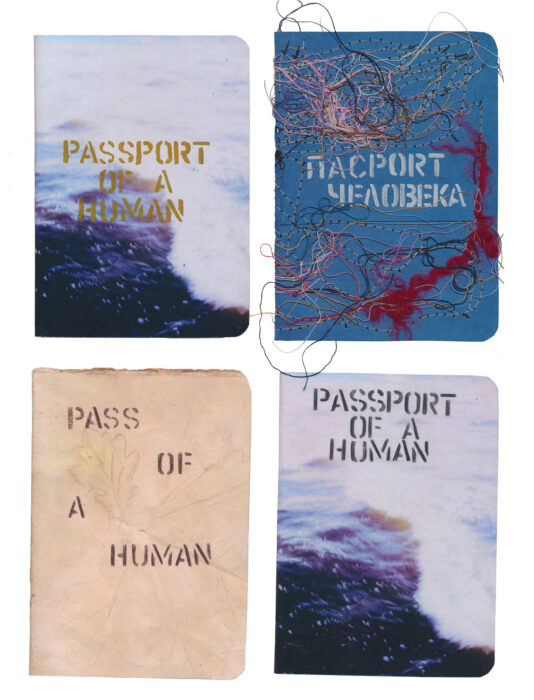
Collaborative project / participatory action in public space
2024
Participants: Reinhold Oster (17), Polina Kohut (16), Veronika Kolobušina (18), Alisa Lisienko (18), Charlotte Barch (16), Faina Golubtsova (16), Gleb Papko (16), Kyrylo Los (13)
In the Passport project young people of Narva, Estonia created their own passports and planned a participatory action at the Estonian-russian border checkpoint.
Over one-month period youths were reflecting on the institutional violence ingrained in passports to define individuals and assign identities. To question this, the participants created their own passports.
Further, we planned a public action at the border checkpoint and registered it with the local police. Young people engaged in dialogue people crossing the border to or from russia. The goal was to talk to them about an individual freedom, an obligation to challenge injustice and a political will (questions discussed during the exchanges). Respondents also received a “Passport of a Human.”
Narva is located directly on the border with russia. The city faces economic challenges. Despite being completely bombed by soviet occupiers, soviet and russian imperial influence is positively embraced there. 98% of the population speaks Russian. Young people find it difficult to take a stance on various societal and political issues. The goal of the Passport project was to challenge the roots and the meaning of “political neutrality” – an idea I often heard from the locals during my first project in Narva⧉

Project participant Veronika talks about her passport.
Project participant Polina talks about her passport.
Project participant Rein talks about his passport.
Project participant Faina talks about her passport.
Covered by Artur Tooman for Eesti Televisioon (ETV), July 4, 2024
Project participant Alisa talks about her passport.
Project participant Charlotte talks about her passport.
Video and photo documentation: Elizaveta Gross
